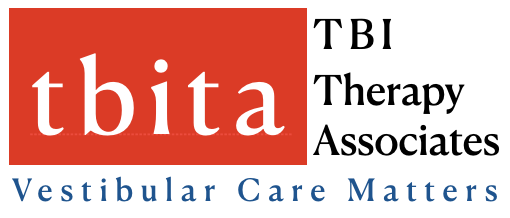
DIZZINESS IN TBI
Impacts of Dizziness in TBI
Dizziness can have profound consequences for TBI patients, affecting their physical, emotional, and social well-being. The impact varies based on the severity, frequency, and underlying causes of dizziness. Key consequences include:
Increased Risk of Falls: Dizziness impairs balance, heightening the risk of falls and injuries such as fractures, sprains, or further head trauma—especially concerning for TBI patients.
Functional Impairment: Persistent dizziness can disrupt daily activities, work, and recreation, leading to a reduced quality of life. TBI patients may struggle with driving, working, or engaging in social activities.
Anxiety and Depression: Chronic dizziness often leads to anxiety, depression, and social isolation. The unpredictability of symptoms can cause heightened anxiety about experiencing dizziness in public or during activities.
Difficulty Concentrating: Dizziness can impair cognitive function, making it hard to focus during cognitive therapy or tasks requiring mental effort. This can slow progress in cognitive rehabilitation, affecting memory, attention, and problem-solving skills.
Increased Fatigue: Dizziness is physically and mentally exhausting, leading to quicker fatigue during therapy sessions. This may result in shorter sessions, reduced exercise intensity, and less overall therapeutic benefit.
Decreased Independence: Dizziness can diminish a TBI patient's sense of independence, leading to reliance on others or adaptive devices. This loss of independence can have significant emotional and psychological impacts.
Impact on Relationships: Dizziness can strain relationships with family, friends, and caregivers, particularly if ongoing support is needed. Caregivers may also experience increased stress and burden.
Poor Engagement with Therapies: Dizziness can create significant barriers to fully participating in therapy activities, potentially delaying recovery and reducing the effectiveness of rehabilitation.
Work and Financial Challenges: Dizziness may hinder a TBI patient’s ability to work, leading to financial strain and career disruption, with long-term consequences for financial stability.
Avoidance of Activities: TBI patients may avoid activities or environments that trigger dizziness, resulting in decreased participation in meaningful activities and potential social withdrawal.
